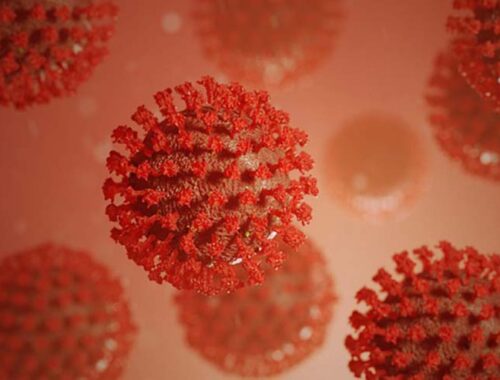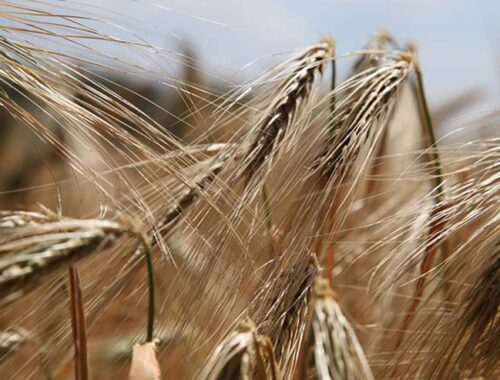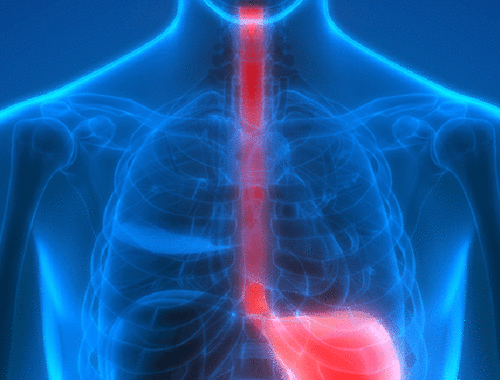I suffered from chronic indigestion. What I experienced the most was pain or discomfort in the upper abdomen (also known as dyspepsia) and that burning pain of heartburn, especially when mixing the wrong kind of foods in one meal.
Dyspepsia is a common clinical problem seen by both primary care physicians and gastroenterologists.
It is defined as having one or more symptoms of discomfort or pain that occurs in the upper abdomen, often after eating or drinking.
Doctors usually treat dyspepsia by prescribing medications that neutralize gas, reduce acid production or drugs that block acid.
It is often triggered by eating different types of food at the same meal such as beans and fruits or any combination of carbs and protein, especially gas forming carbs like legumes.
Always remember that fruits must be consumed by themselves with no other food group.
Now, with regards to artichoke, in addition to being an edible plant has been used as an aid to good digestion and a means to improve liver health. It is a “cholagogue,” and due to its cynarine content, it stimulates the flow of bile from the liver into the intestines, assisting the body in blood fat metabolism.
Artichoke is much valued at the table as a nutritious vegetable, but it is also an important aid to digestion and has been used to prevent arteriosclerosis.
Artichoke extracts are said to be helpful for kidney, gallbladder and liver insufficiency, postoperative anemia; and in some countries, Artichoke is considered a fine aphrodisiac.
Extracts of artichoke have been repeatedly shown in health research to be beneficial for people with indigestion. Artichoke is particularly useful when the problem is lack of bile production by the liver.
Recommended Dosage – Extracts providing 500–1,000 mg per day of cynarine, the main active constituent of artichoke, are recommended by doctors. Take two (2) capsules, two (2) times each day with water at mealtimes.





No Comments